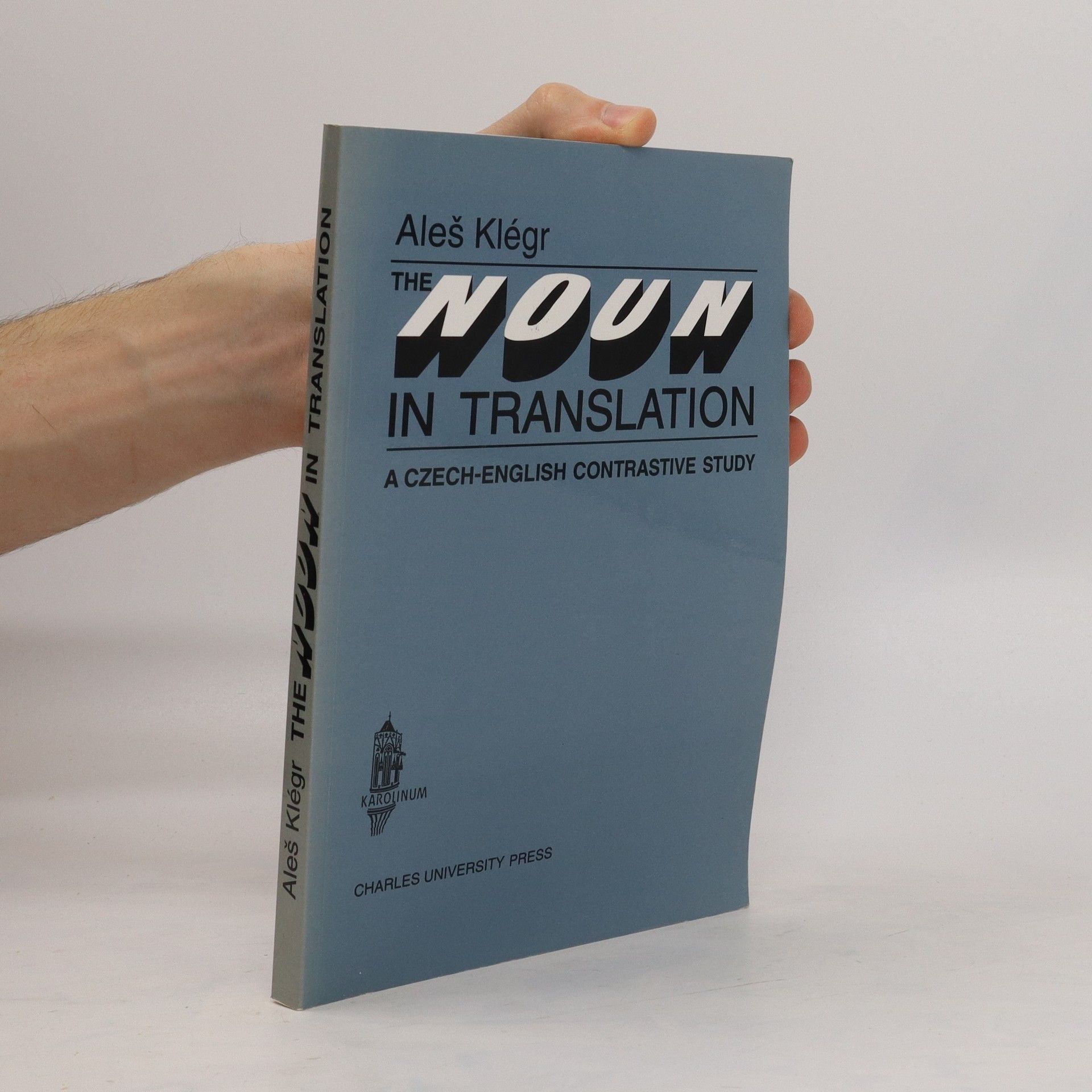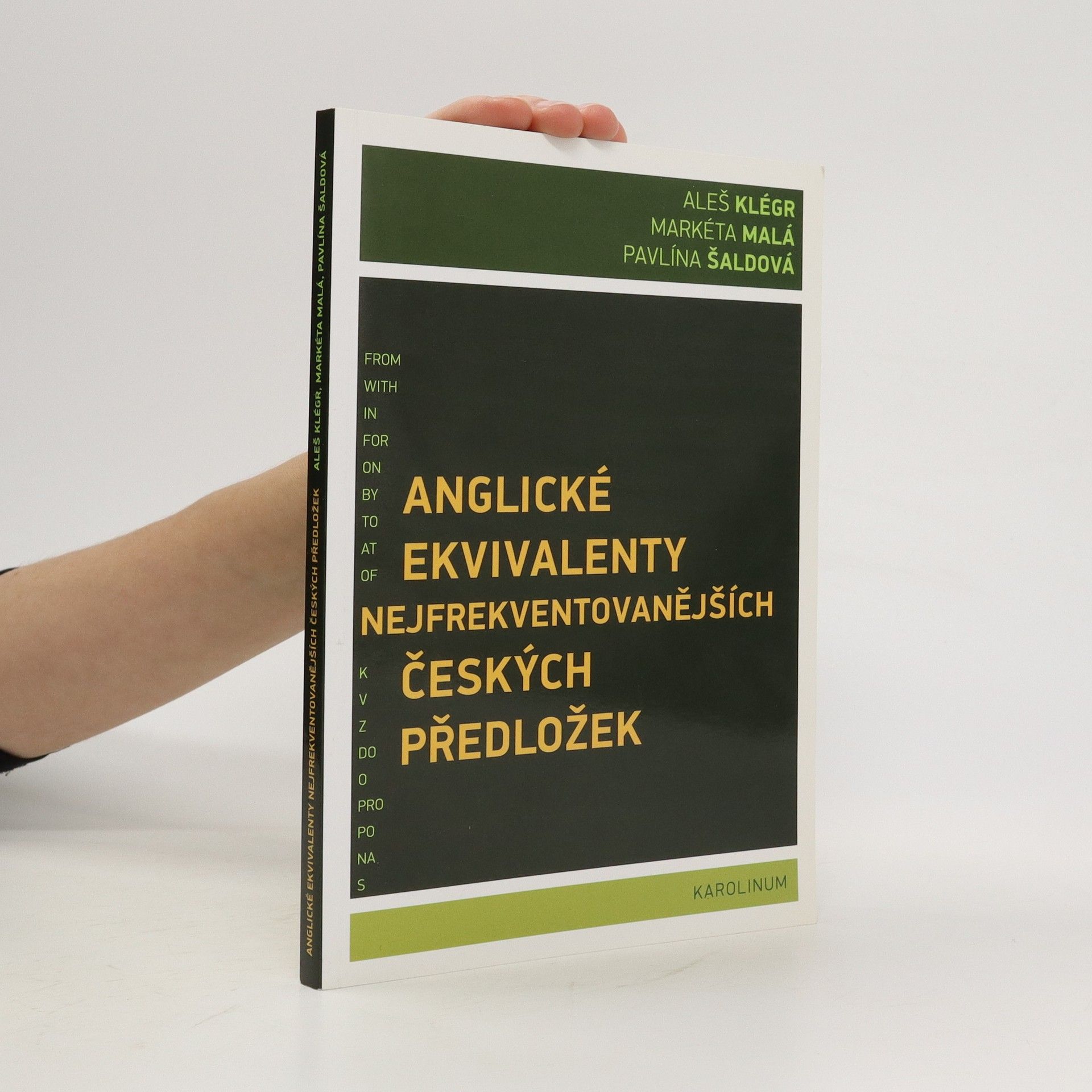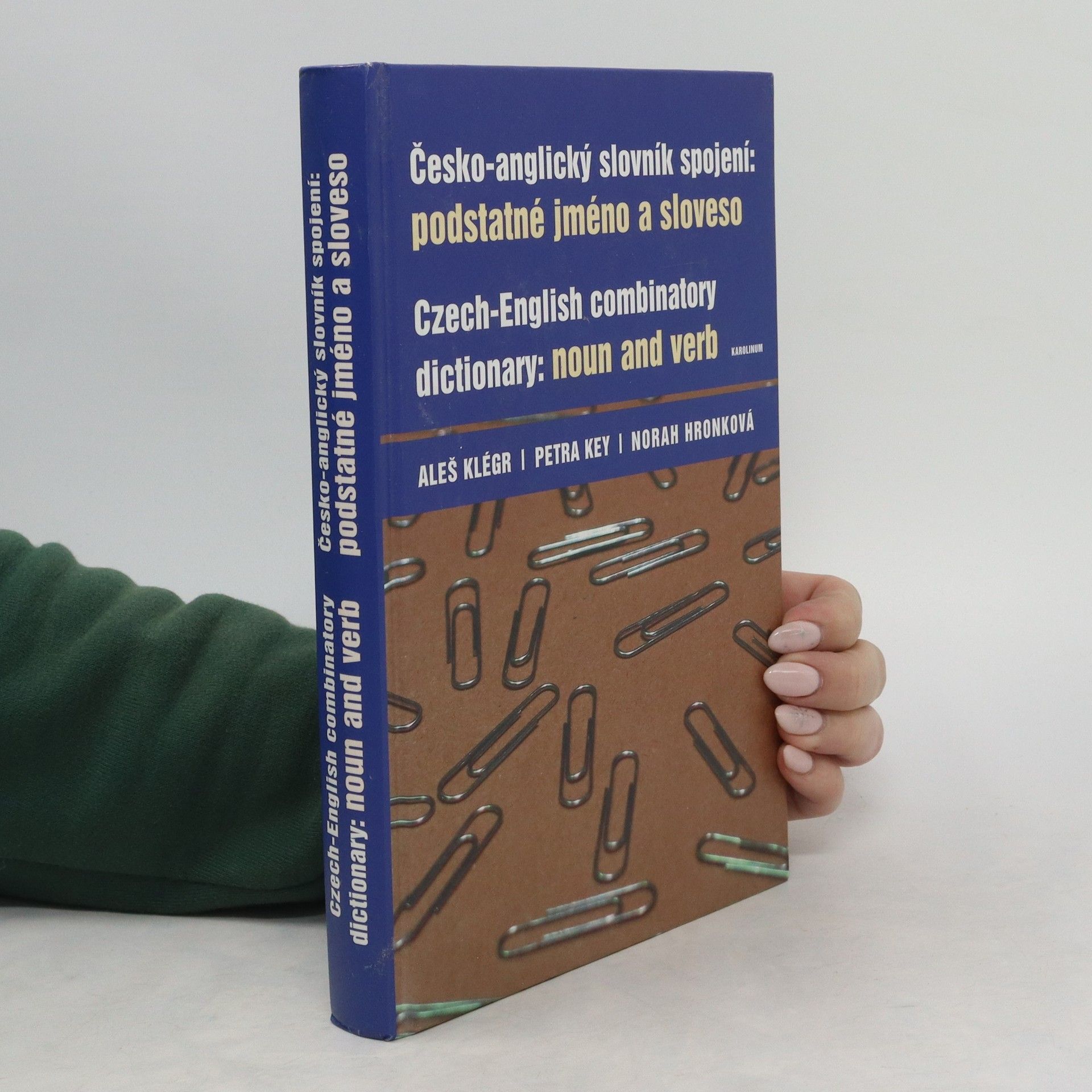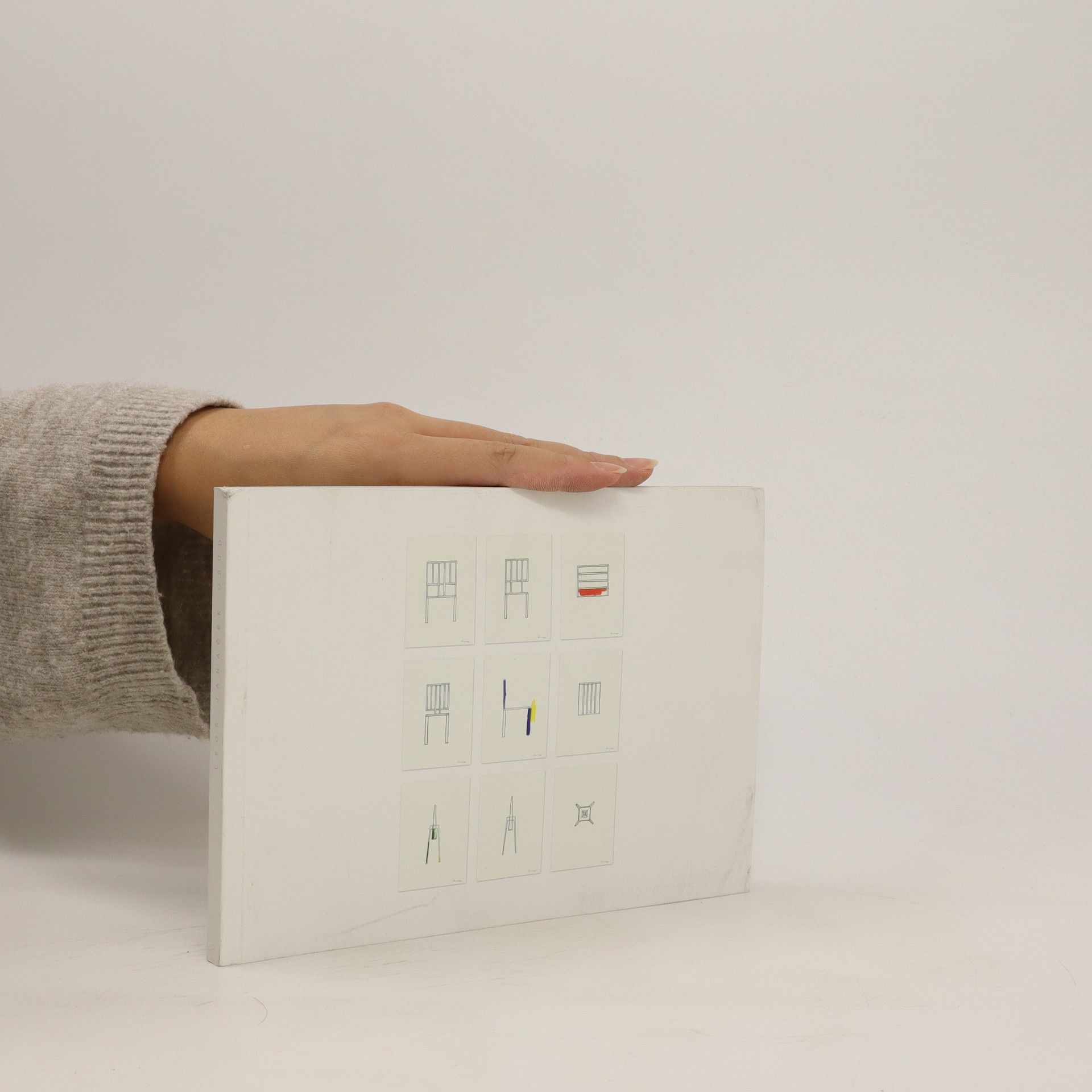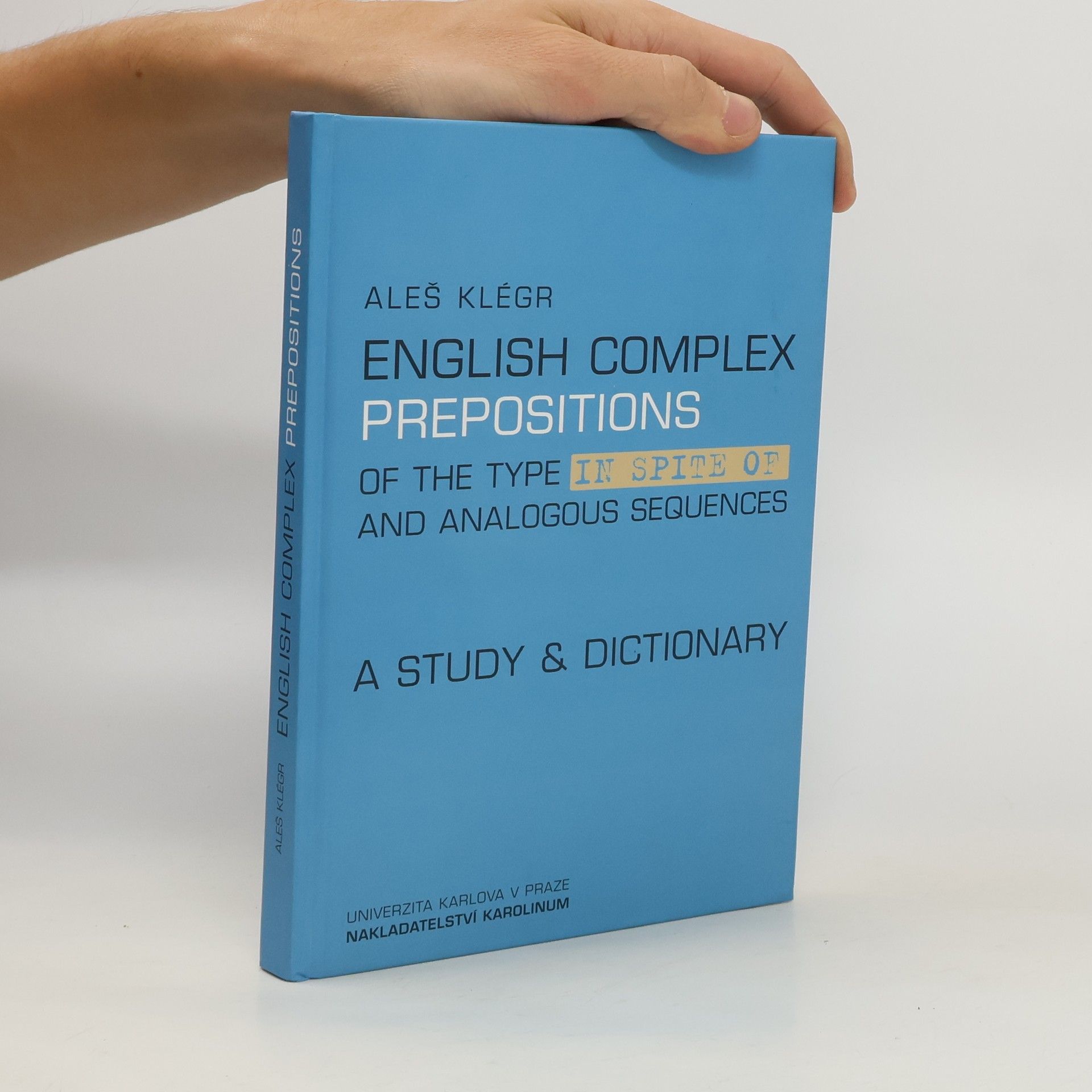Lexikální anglicismy v češtině
- 204 pages
- 8 hours of reading
Publikace poprvé u nás představuje méně známé formy anglicismů v češtině. Uvádí do tematiky (klasifikace anglicismů, motivace přejímání), ale jádrem jsou původní studie opomíjených typů: pseudoanglicismy (české novotvary z přímých přejímek), lexikální a sémantické kalky, pseudokalky (novotvary založené na kalcích) a hybridní anglicismy. Jedna kapitola zkoumá možnosti klasifikace anglicismů podle definičních rysů, druhá slovotvornou kreativitu českých mluvčích u anglicismů. Poslední rekapituluje poznatky z jednotlivých studií. Cílem publikace je propojit domácí a zahraniční výzkum anglicismů, které češtinu ovlivňují a nadále ovlivňovat budou.





